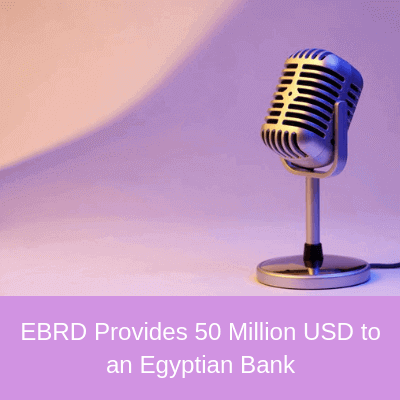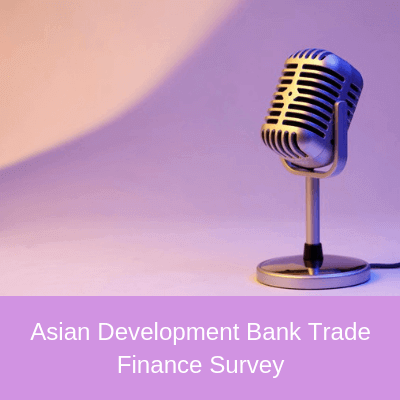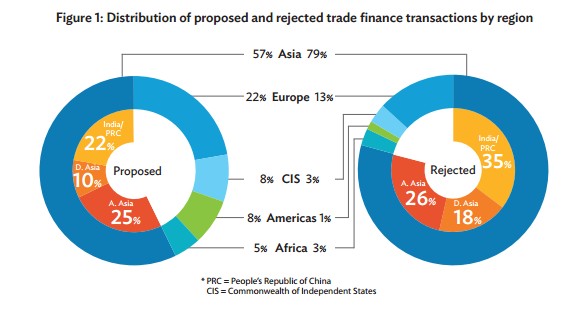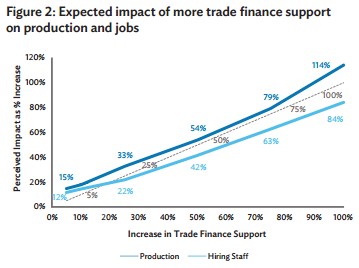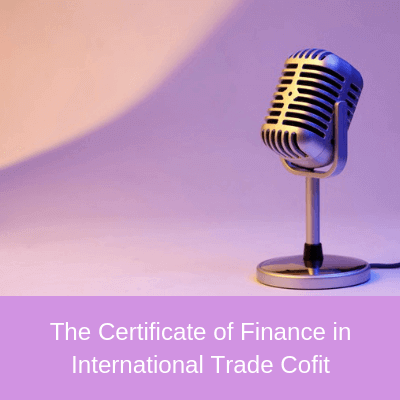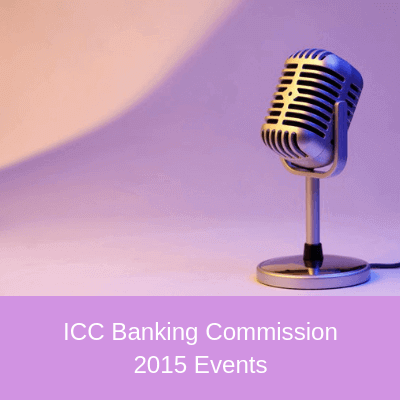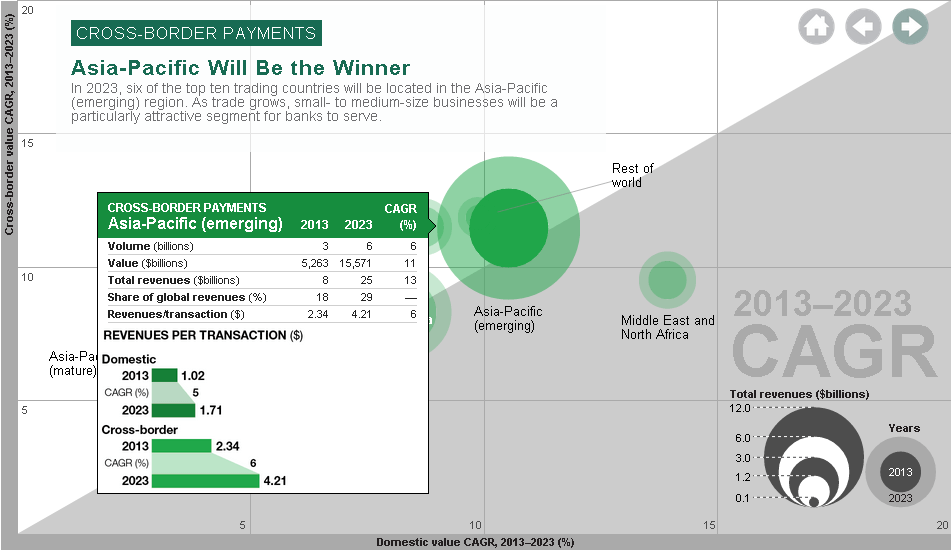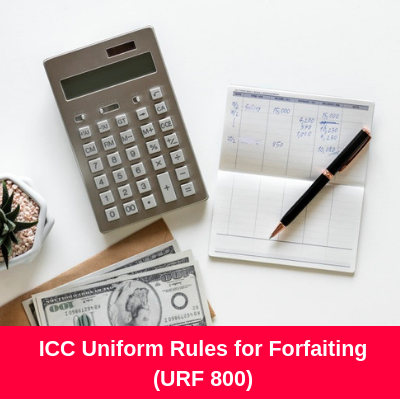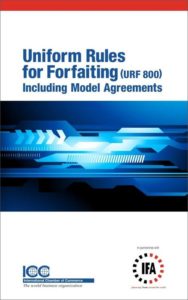Published on 11.December.2014 – The European Bank for Reconstruction and Development (EBRD) is supporting the expansion of international trade in Egypt by providing a US$ 50 million trade facility to Commercial International Bank under the EBRD’s Trade Facilitation Programme (TFP).
USD 50 Million Trade Finance Line to the Commercial International Bank
Under this facility the EBRD will issue guarantees in favour of international commercial banks, covering political and commercial payment risks for transactions made by Commercial International Bank.
Hildegard Gacek, the EBRD’s Managing Director for the southern and eastern Mediterranean (SEMED), said:
“We are very pleased to welcome Commercial International Bank into the EBRD’s trade facilitation programme. Under the trade finance facility, the EBRD will help Commercial International Bank to extend its support to its Egyptian clients allowing Egypt’s international trade flows to grow, which will contribute to overall economic growth in Egypt.”
Hisham Ezz Al-Arab, Chairman and Managing Director of CIB, said:
“We are delighted to have this partnership with the EBRD, which is in line with CIB’s commitment to support the Egyptian economy and underpin its growth. The Trade Facilitation Programme will help CIB to better meet its clients’ trade finance needs and expand the bank’s geographical reach by issuing trade instruments on behalf of its clients.”
Launched in 1999, the TFP aims to promote foreign trade to, from and among the EBRD’s countries of operations.
Under the programme, the EBRD not only provides guarantees to international confirming banks, but also grants short-term loans to select banks and factoring companies for on-lending to local exporters, importers and distributors.
The TFP currently includes over 100 partner banks in 23 countries where the Bank invests, with limits exceeding €1.5 billion in total, and more than 800 confirming banks worldwide.
To date, the EBRD has committed €634 million across 18 projects in Egypt in various sectors.
Under the EBRD’s Small Business Support programmes, the Bank has also provided 185 technical assistance and capacity-building support programmes, which directly benefit small and medium-sized enterprises in Egypt.
About the Commercial International Bank (CIB)
Commercial International Bank (CIB), established in 1975, is the leading private sector bank in Egypt, offering a broad range of financial products and services to its customers, which include enterprises of all sizes, institutions, households and high-net-worth individuals.
The Bank strives to provide clients with superior financial solutions to meet all of their financial needs.
CIB has succeeded in becoming the most profitable commercial bank operating in Egypt for more than 35 years and is the bank of choice for over 500 of Egypt’s largest corporations.
